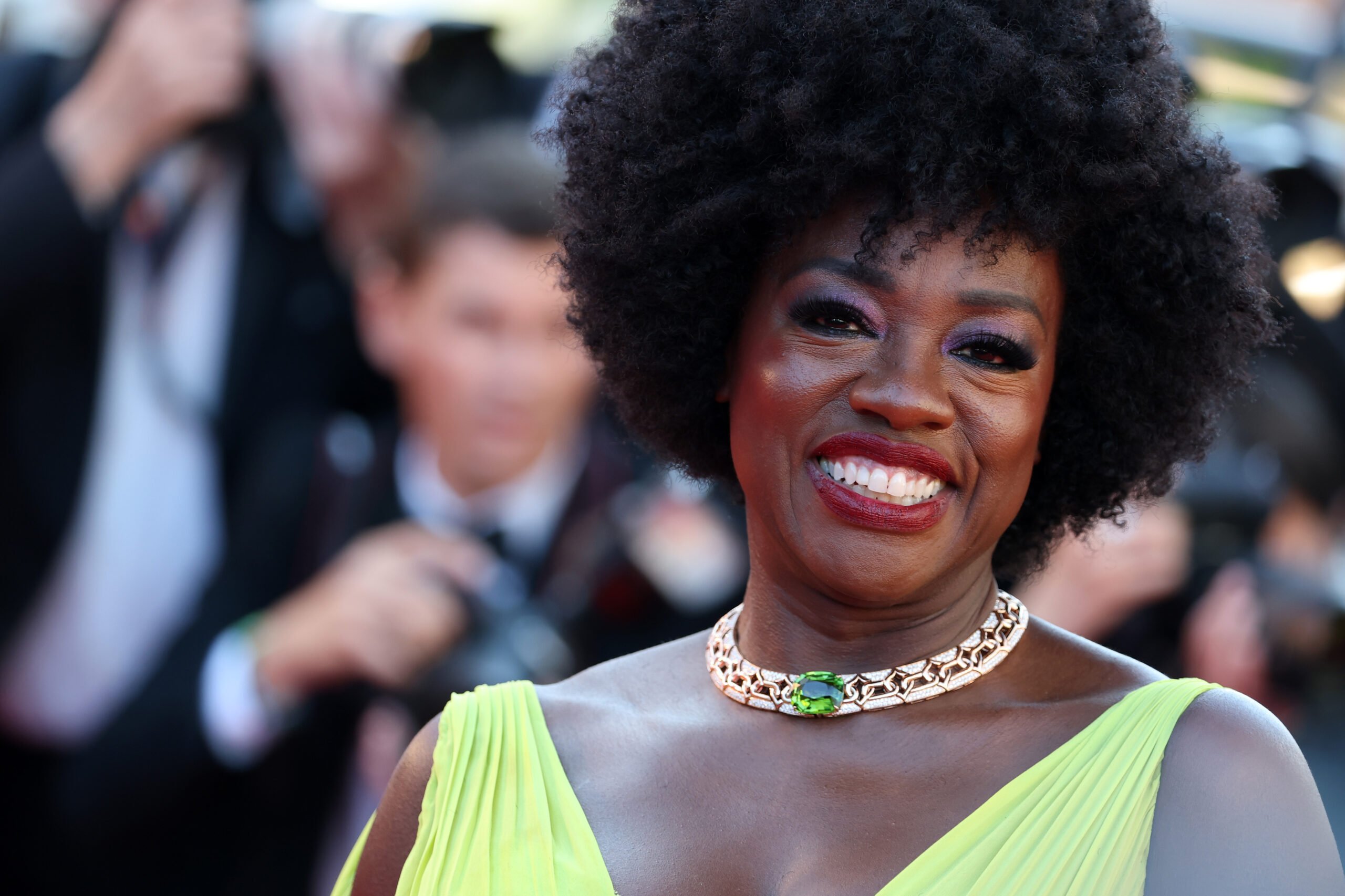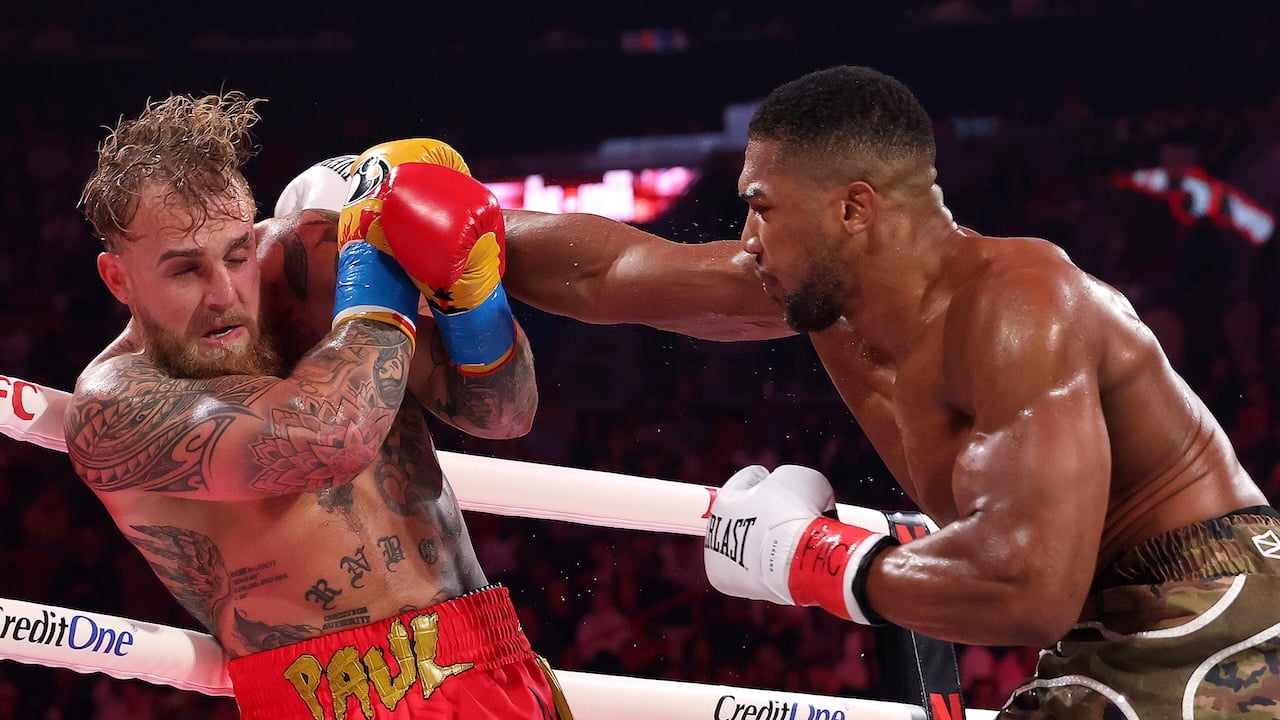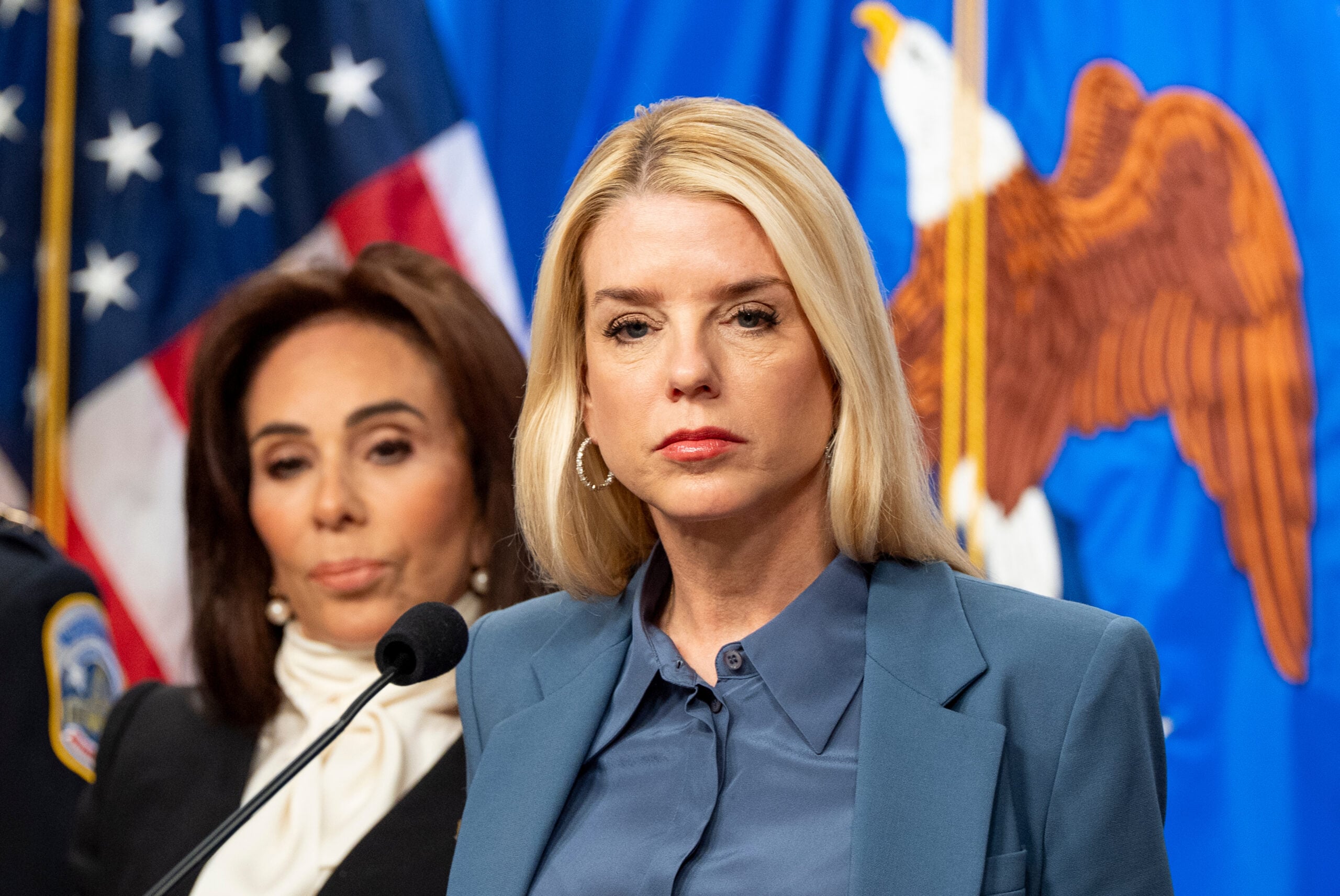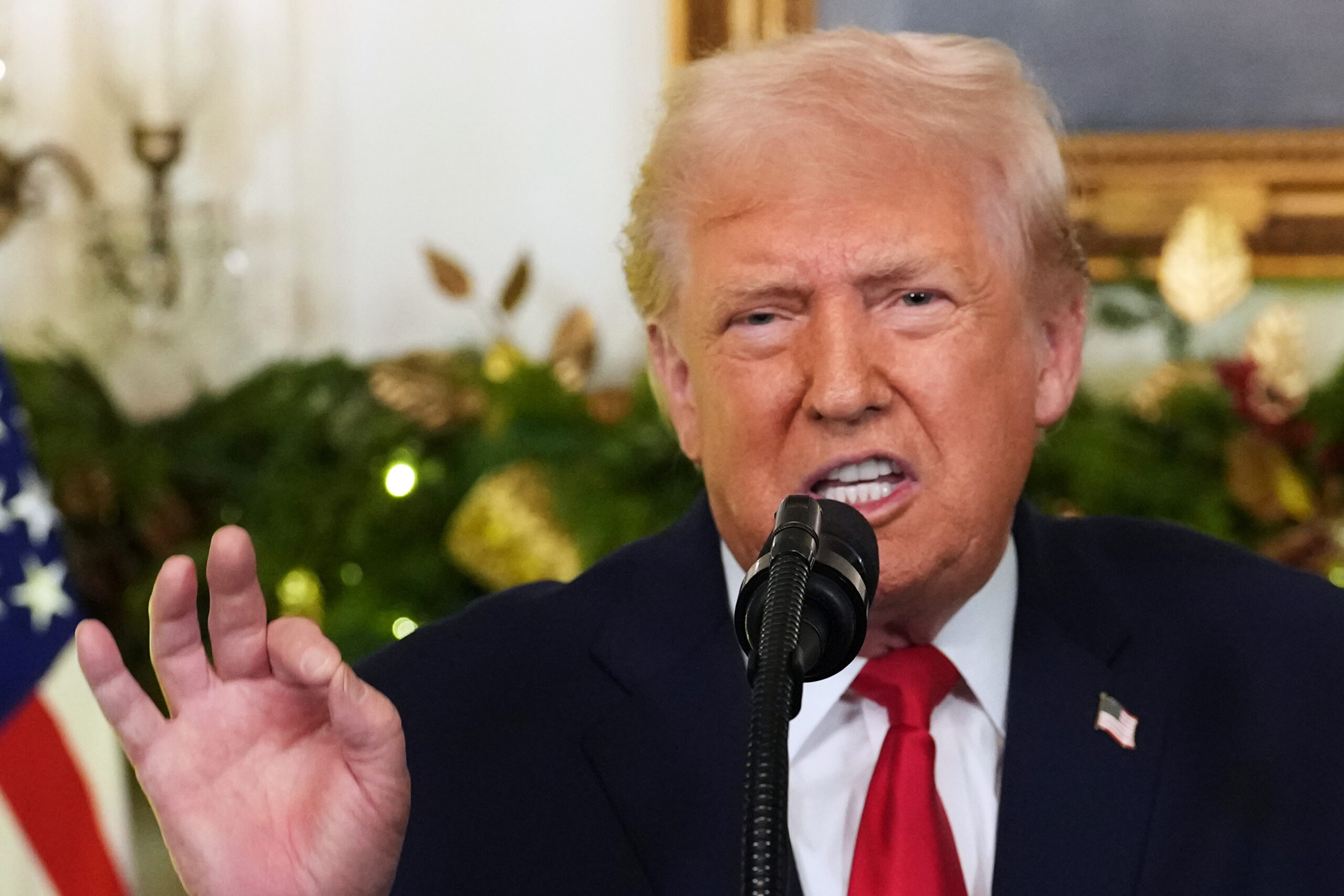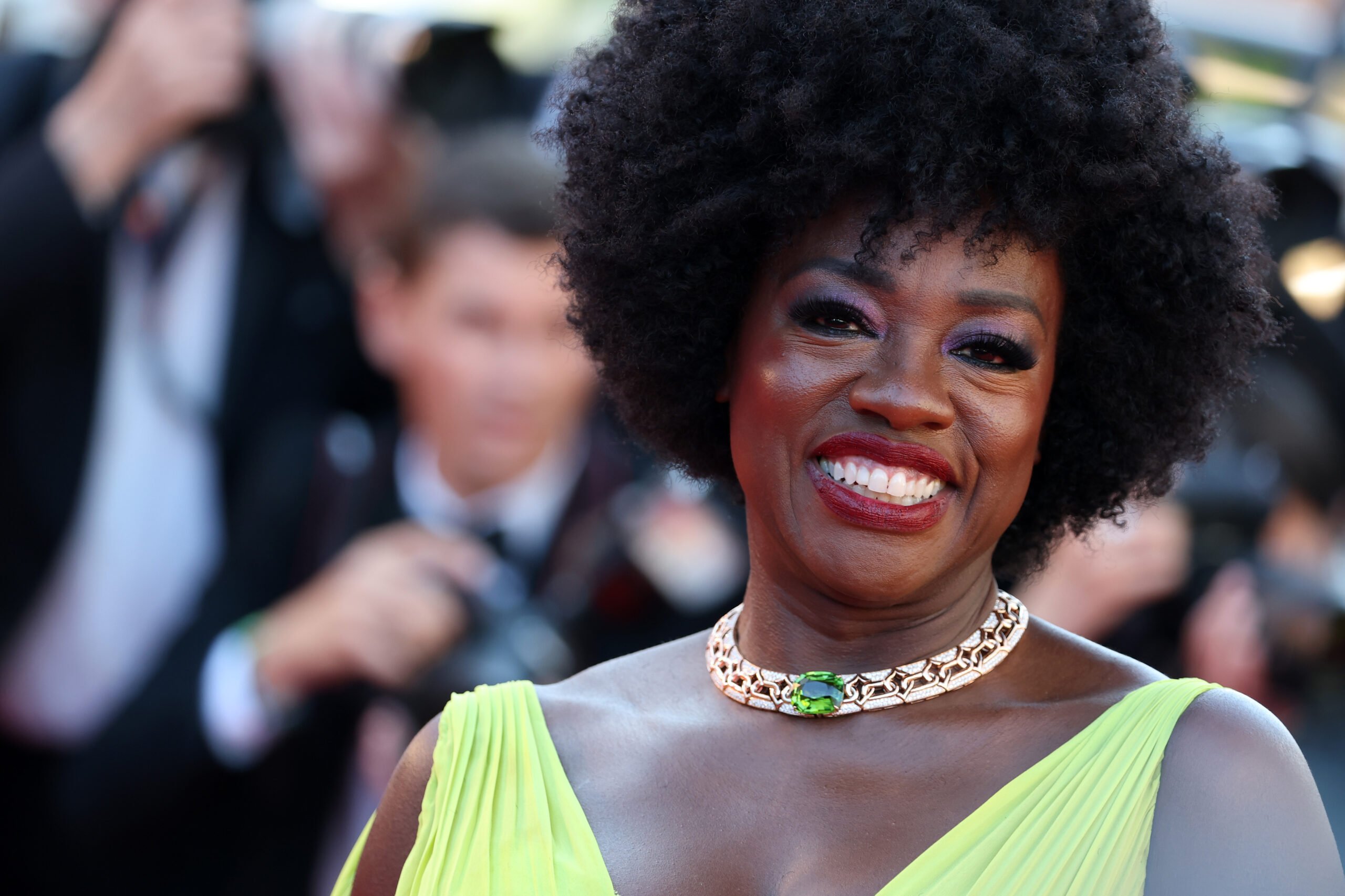
Viola Davis is opening up about how authenticity shaped both her groundbreaking role on “How to Get Away with Murder” and her larger career in Hollywood.
The Oscar-winning actress reflected on her time as Annalise Keating in the hit ABC drama “How to Get Away with Murder,” saying her decision to strip away Hollywood expectations helped the character, and herself, resonate with audiences.
“I’ve done a lot of TV, but that show sort of just put me on the map, and I think it’s because I made choices that made Annalise Keating my own,” Davis said while attending The Television Academy Hall of Fame ceremony in Los Angeles on August 16. “I did not follow the sort of script of what you’re supposed to do being a leading lady on television.”
Those choices included rejecting glamorized portrayals often expected of women in leading roles. “I took my wig off. I took my makeup off. I stayed the size I am. I stayed as Black as I could be. And my age… Everything about me was unapologetic,” the 60-year-old star explained. “Sometimes you make choices in life — it doesn’t always land. But this landed.”
The gamble paid off. In 2015, Davis became the first Black woman to win an Emmy for Outstanding Lead Actress in a Drama Series. During her speech, she called out the lack of opportunities for women of color. “You cannot win an Emmy for roles that are simply not there,” she said at the time.
Since then, Davis has continued to speak out about the industry’s shortcomings, particularly in creating nuanced roles for Black women over 50. Last year, while attending the Cannes Film Festival, she described the scarcity of meaningful roles as a “vast desert” to People magazine.
Still, Davis remains hopeful, pointing to a new generation of Black women in entertainment who are redefining the industry on their own terms.
“Women are no longer begging for a seat at the table; they’re creating their own,” she said, naming Taraji P. Henson, Octavia Spencer, Kerry Washington, Issa Rae, Michaela Coel, Halle Berry, Keke Palmer, and Marsai Martin, as examples. “They’re empowering themselves by understanding that they’re the change that they want to see.”


